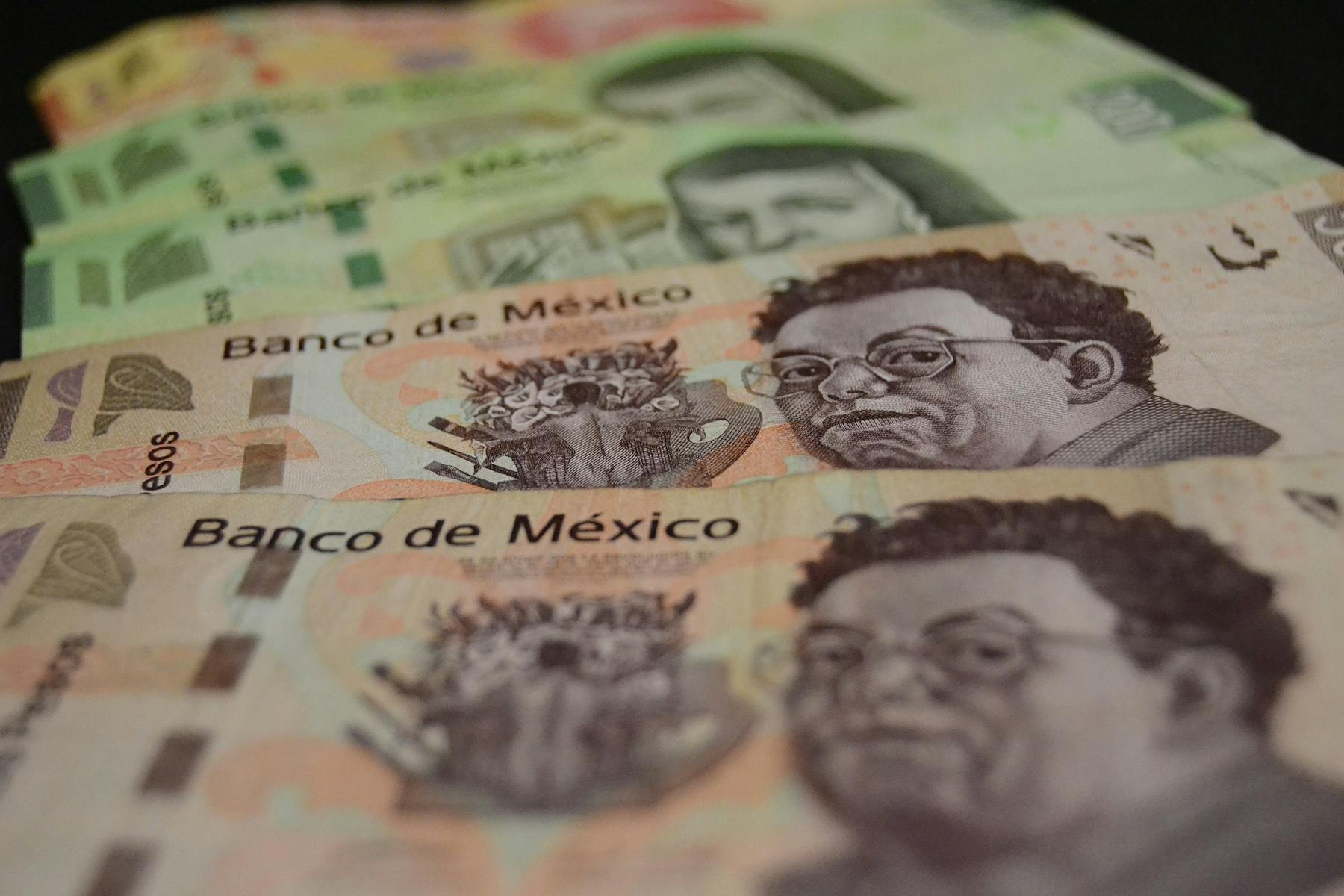Revisiting Novi: Trimmed Ambitions & Regulatory Hurdles (The Monito Briefing Issue #15)

Byron Mühlberg
Guide

Monito's Managing Editor, Byron has spent several years writing extensively about financial- and migration-related topics.
Hello! We're back this week with another issue, this time looking at the recent launch of Novi's pilot in the US and Guatemala and what it means for Facebook's bid to launch a global cross-border payment network.
Industry Highlights
As usual, here’s a recap of the major headlines before we get started:
- According to a report by CNBC, Mastercard is set to allow banks and merchants on its payments network to integrate cryptocurrency into their products.
- Visa's total cross-border payments volumes grew by 38% in Q4 2021 on a constant currency basis, reflecting increased consumer spending as economies reopen.
- Wise's share price slumped after the company announced that it expected "slightly lower" revenue growth in the second half of 2021 compared to the first half.
- Instarem has added a long-awaited transfer corridor from Hong Kong to China, which includes the addition of the Chinese yuan as a pay-out currency and revamping the local mobile app.
- The volume of outward remittances from India reached a new all-time high of US $1.96 billion in August, according to the Reserve Bank of India, spurred on by a rise in students abroad and holidaymakers.
Novi's Debut — What We Know So Far
Regular readers of the Monito Briefing might recall that back in March we explored the potential impact that Novi — Facebook's much-hyped digital wallet — might have on the global payments sector in anticipation of the platform's high-profile launch this year.
Over the following months, while we saw no groundbreaking developments, the BIS did assert in March that central bank digital currencies (CBDCs) would be "preferable" to private sector stablecoins for global payments, and, in response to regulatory pressure, the Diem Association (the blockchain network on which Novi was intended to run) decided in April to scale back its ambitions and transfer funds via a US dollar-backed stablecoin only.
Finally, as of last week, Novi became a real thing, with Facebook announcing that a pilot platform had been launched between the US and Guatemala. This allows a select number of users to send and receive money between the US (excluding a few states such as Alaska, Nevada, and New York) and Guatemala.
Here's what we've learned so far and why it matters:
- No Diem (yet): While Novi ultimately still aims to be compatible with all currencies, this will for the moment no longer be through Diem (formerly Libra) but through USDP (the "Pax dollar"), a stablecoin built in partnership with Paxos and Coinbase that's pegged 1:1 to the value of the US dollar. This allows users to sidestep direct currency exchange and lowers overall transfer costs. However, Facebook has stated that it intends to migrate Novi over to the Diem network as soon as it receives the regulatory go-ahead.
- Focus on interoperability: Novi exists as a standalone app, welcoming users who do not have Facebook, Messenger, or WhatsApp accounts and allowing multiple payment and withdrawal methods (for now, these are limited to debit and prepaid card payments, and bank deposits and cash pickup withdrawals — still a far cry from the bank, card, and cash pay-in and pay-out networks hinted at by Facebook in the past). According to Novi, the platform is also set to be integrated with WhatsApp and Facebook Messenger in the future.
- IMTO pay-out partners: Novi has partnered with Remitly for pay-out in Guatemala, which provides Novi with the API to handle transactions to the pay-out network in the country. The choice of Remitly as a payout partner hints at more extensive networks and partnerships with IMTOs as Novi expands its global reach.
- No fees in sight: Novi is branding itself as an entirely fee-free way to convert currency and from what little info it has released so far about its pricing schedule, this seems to be true. However, Novi appears to be leaving the door open for fees in the future, with the platform's FAQ emphasising the fact that "Today, there are no fees to send and receive money". Novi also doesn't clarify whether or not a conversion fee to Guatemala quetzals applies to transfers made in the pilot.
- Tight send limits: While there are no fees to send and receive money with Novi, there are quite stringent limits in place on most services. These include a 300 USDP maximum transaction size, 1,000 USDP maximum daily send limit, and a 1,000 USDP maximum account balance.

By No Means a Smooth Road Ahead
As we explored last time around, Novi's blockchain-based payment rail has the potential to pose a serious challenge to the status quo in the world of cross-border payments. Not only does the platform promise to considerably lower the costs of moving funds from payer to payee, but its current positioning suggests that Novi is poised to offer blazing-fast transfer speeds too. Extrapolated globally, the emergence of such a competitor could leave traditional payment rails and smaller IMTOs vulnerable at the price point.
However, a "Novilution" is by no means a sure thing. Standing in the way of a global Facebook-backed crypto payment network is the ever-looming threat of regulation, both on Facebook in particular and cryptocurrency in general.
Nowhere is this better illustrated than the tepid manner in which lawmakers on Capitol Hill received Novi's launch. On 19 October, the same day that Novi launched, five US Senators wrote a letter to Facebook CEO Mark Zuckerberg voicing their "strongest opposition" to Novi, urging the company to "immediately discontinue" the pilot and to commit that it will "not bring Diem to market." Two of the major concerns voiced by senators included allegations that:
- The adoption of stablecoins as a means of funds transfer poses risks to consumers and the financial system.
- Facebook had committed not to launch a digital currency absent regulator approval but is doing so anyway.
The Diem Association responded the very same day, writing in a statement that the letter "misunderstands the relationship between Diem and Facebook" and emphasised the fact that Novi’s pilot with Paxos is unrelated to Diem. However, in an age of increasing regulatory scrutiny toward tech giants venturing into the payments space — as well as increased interest among central banks in fast-tracking the development and implementation of competing CBDCs — it remains to be seen whether Facebook's foray into digital payments can withstand the regulatory barrage that's likely to come its way.
See you in the next issue! Best wishes,
Subscribe to The Monito Briefing to keep on top of key trends in cross-border payments
News of the Remittances Industry




Other Monito Briefing Issues






Why Trust Monito?
You’re probably all too familiar with the often outrageous cost of sending money abroad. After facing this frustration themselves back in 2013, co-founders François, Laurent, and Pascal launched a real-time comparison engine to compare the best money transfer services across the globe. Today, Monito’s award-winning comparisons, reviews, and guides are trusted by around 8 million people each year and our recommendations are backed by millions of pricing data points and dozens of expert tests — all allowing you to make the savviest decisions with confidence.
Monito is trusted by 15+ million users across the globe.
Monito's experts spend hours researching and testing services so that you don't have to.
Our recommendations are always unbiased and independent.